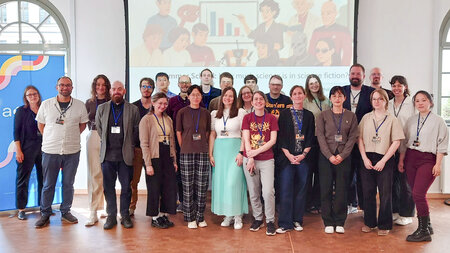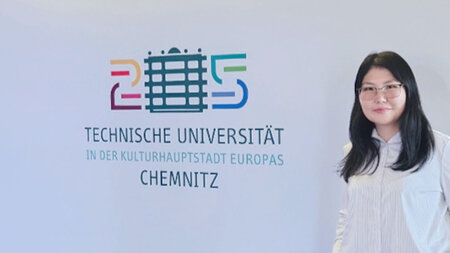Ethiktool: Frequently Asked Questions
If your question is not addressed below, please feel free to contact us by e-mail at ethiktool@tu-...*. We are happy to answer your questions on our Ethiktool software.
*E-mails to this address are processed via a ticket system; please note the privacy statement (in German).
The "Ethiktool" software simplifies the preparation of ethics applications and participant documents. The software queries the relevant aspects for ethical evaluation in a guided, step-by-step process. Questions are adaptive and partially depend on previous responses. Thereby the Ethiktool gathers exactly those pieces of information that are relevant for the respective project.
At the end of the process, the Ethiktool generates all documents that are evaluated by the ethics committee, including the ethics proposal form itself as well as the documents addressing the participants and, if applicable, their legal guardians (e.g., information on the study and on data processing, consent form, debriefing document if applicable).
Automated consistency checks and user-oriented dialogue during the application process, in turn, ease and accelerate the evaluation by the ethics committees and review boards.
In a project supported by the Volkswagen Foundation, we – together with the Leibniz Institute for Psychology (ZPID) – are working on making the Ethiktool available for use at all sites. In an initial evaluation phase, the new Ethiktool will be tested by selected ethics committees from mid-2025 onwards. The introduction of the Ethiktool at these sites will be accompanied by evaluations; based on their results, a wider dissemination is planned. By the end of 2026, the Ethiktool shall be available free of charge to all ethics committees and review boards.
If you are chairing an ethics board or work for an ethics board in an administrative function, please feel free to contact us by e-mail at ethiktool@tu-...*. We are happy to support you in introducing the Ethiktool at your institution and to include a version that is tailored to your institution into our software. Please also sign up for our database for receiving regular updates on further development steps and releases of the Ethiktool.
*E-mails to this address are processed via a ticket system; please note the privacy statement (in German).
After a successful initial deployment and implementation phase, from 2026 onwards, the Leibniz Institute for Psychology (ZPID) will provide the Ethiktool to all institutions of higher education and other research institutions permanently and free of charge.
Yes: The Ethiktool includes an English version for all user-guided dialogue. All application and participant documents can be created in German or English, alternatively. Which language(s) are accepted for submission to the ethics committee, depends on local regulations.
The Ethiktool checks the applicants' entries for logical consistency. If certain respone selections may cause ethical concerns, it poses additional questions or asks for justification. The Ethiktool does not, however, judge the ethical admissibility and legitimacy of the planned research. The responsibility for the ethics evaluation and the control over the according processes remain entirely with the local ethics committee or review board. The new version of the Ethiktool is modular in that it allows swift adaptation to local processes. Ethics committees are also free to use pre-established modules.
The Ethiktool operates in a browser-based manner; hence no installation is required and the tool can be operated on (nearly) any device. Within our project supported by the VolkswagenStiftung, we work on ways to adapt the Ethiktool to local requirements and processes with as little effort as possible.
The Ethiktool software runs on servers in Germany. All inputs for the ethics application are stored locally on the applicant's computer (first in the browser, then in the download folder when the applicant actively requests saving). For technical reasons, inputs are transmitted to and processed on the server, but will not be saved beyond the period needed for processing. To generate the application documents in pdf format, data needs to be briefly stored on the server; however, the period during which data is stored on the server is limited to the time between the user triggering document generation and the server transmitting the documents back to the user's local computer. No storage of data on the server takes place for any other reason. Data transmission uses the secure hypertext transfer protocol (https).
Submission of applications created by the Ethiktool continues to follow locally established procedures and is not handled by the Ethiktool software.




